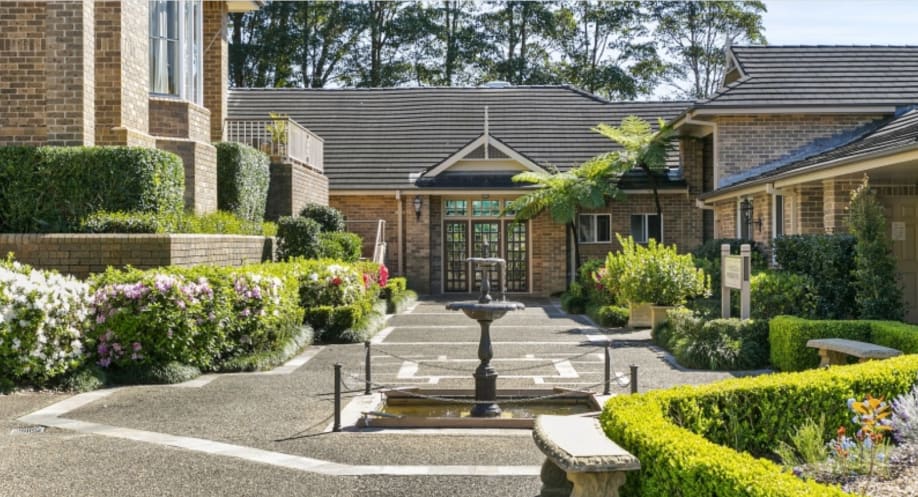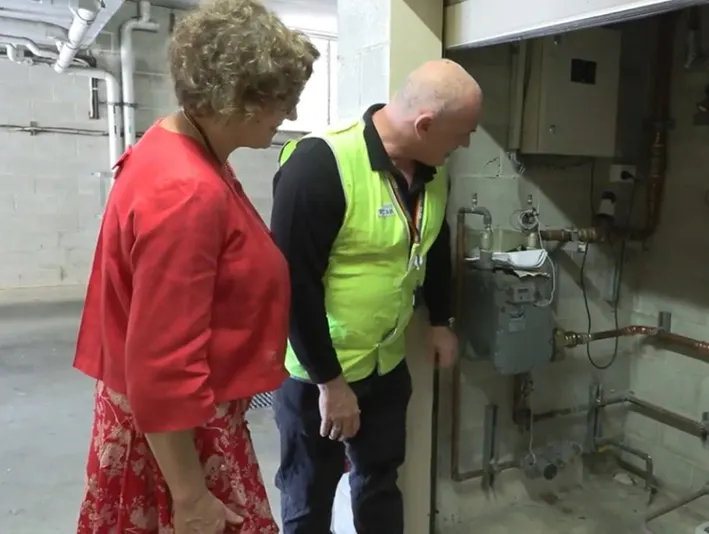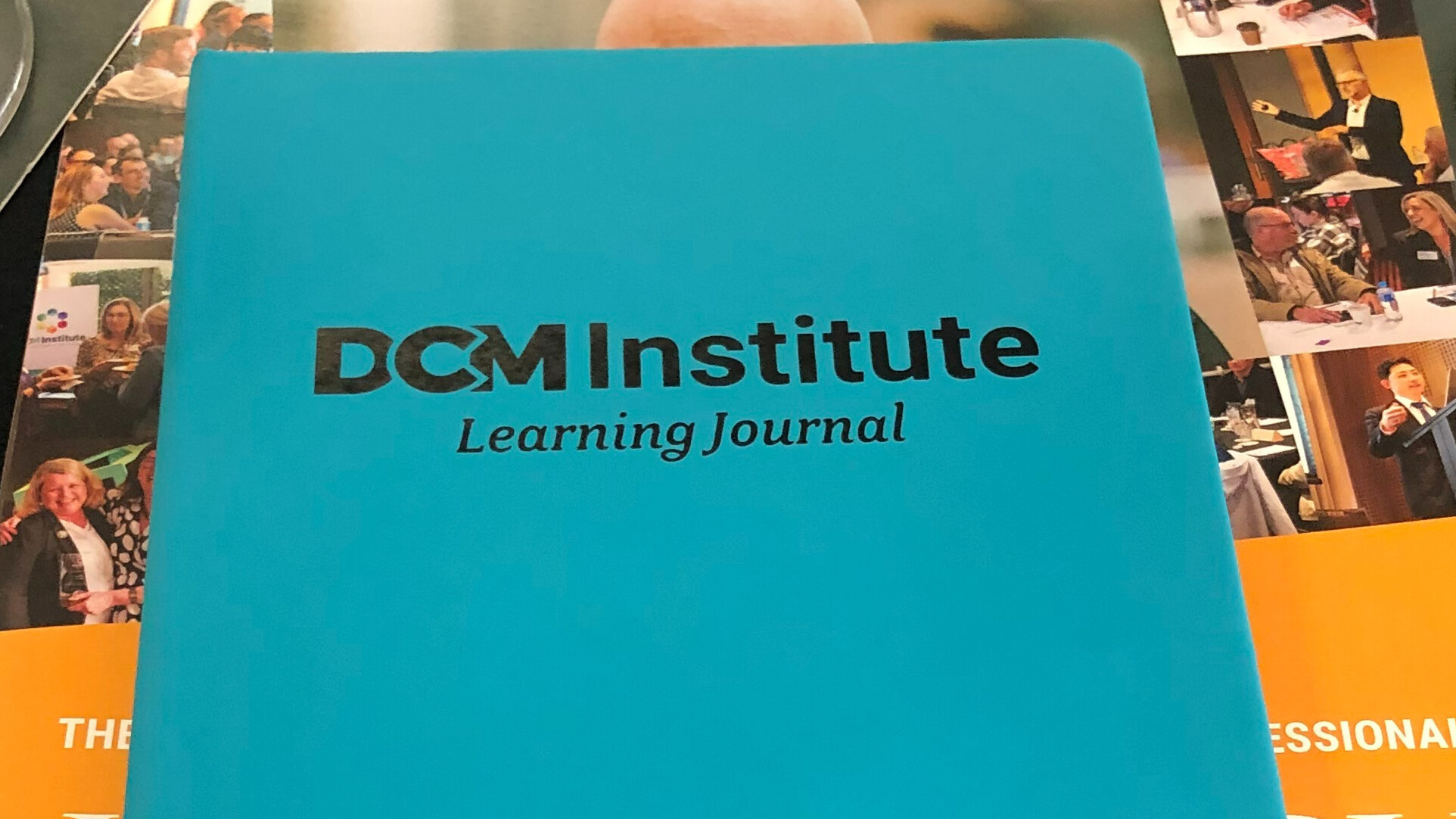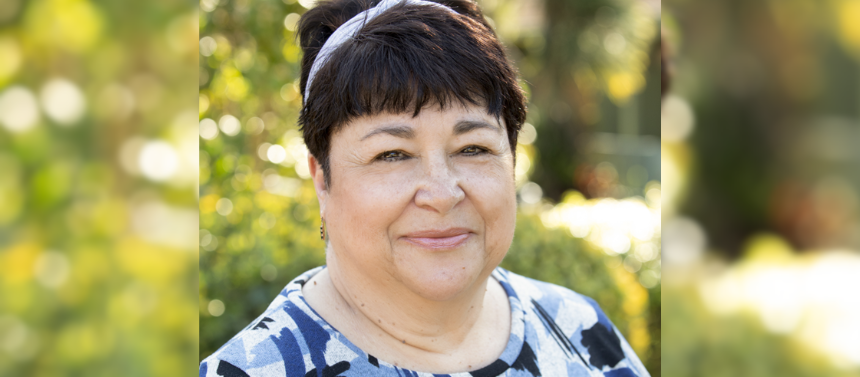A Manager’s Guide
Each year, we get back from leave and head straight into one of the most intense periods of work in our calendar – the Village Budget.
Preparing a considered budget is crucial to ensure we are in a position to maintain the services and amenities residents enjoy and do so in a way they can afford. Developing a retirement village budget requires careful consideration, which is why we’ve put together some key steps and to guide you in preparing your next Retirement Village Budget:
Assess Current Financial Position
- Review existing financial records and assess the village’s current financial position.
- Identify revenue sources, including resident levies, government subsidies, and any additional income streams such as hiring of communal areas or rent received from service providers.
Understand operating costs
- Break down operational costs, such as staff salaries, maintenance, utilities, and insurance.
- Consider future expenses, such as necessary repairs and maintenance to grounds, gardens or amenities.
plan for social activities
- Allocate funds for recreational and social activities to enhance residents’ quality of life.
- Consider diverse interests and preferences to create a well-rounded and engaging community.
Do you need to account for care and support?
As residents age, so do their care needs. It is not uncommon for care and support to creep into your Village Budget over time. If this is the case, this process is a great way to confirm that you are keeping up with residents needs through wellness programs, and partnerships with healthcare providers.
engage residents in the process
- We cannot stress enough the importance of involving residents in the budgeting process.
- Gather feedback and insights from the community to understand their priorities and concerns.
explore funding opportunities
- Investigate potential funding opportunities, grants, or partnerships with local organisations.
- Adding additional income sources into the Budget can help strengthen the financial position of the retirement village and take pressure off residents.
implement sustainable practices
- Integrate sustainable practices to reduce operating costs and minimize the environmental impact.
- Explore energy-efficient solutions and environmentally friendly initiatives.
review and adjust
- Establish a routine for reviewing the budget as costs become known during the financial year. This will allow you to identify areas for improvement or adjustment.
- Regular assessments ensure the budget remains adaptable to changing circumstances.
invest in financial education
Invest in our own financial education, as well as the education of residents on the mechanics of a Village Budget. This will aid the approval and consultation process and ensure complete transparency in the process you work through each year, as well as the costs associated with operating their community.
Above all else, preparing a Village Budget takes time. Starting the process sooner gives you the time required to deliver on these tips, and bring your residents along for the journey.
Village Budgets will be a major topic of discussion at DCM Institute’s upcoming Professional Development Day series next month.















